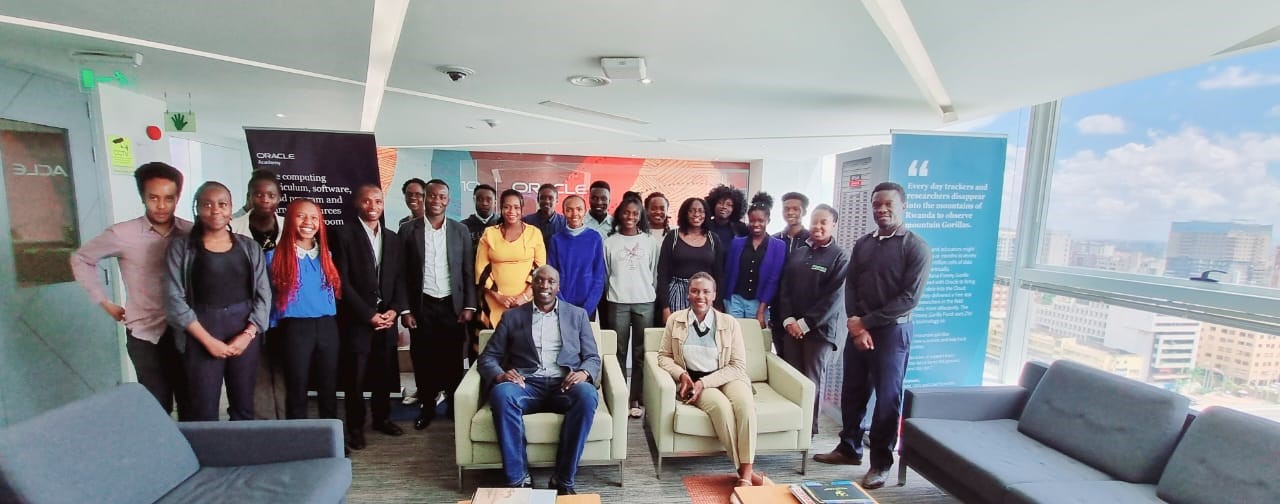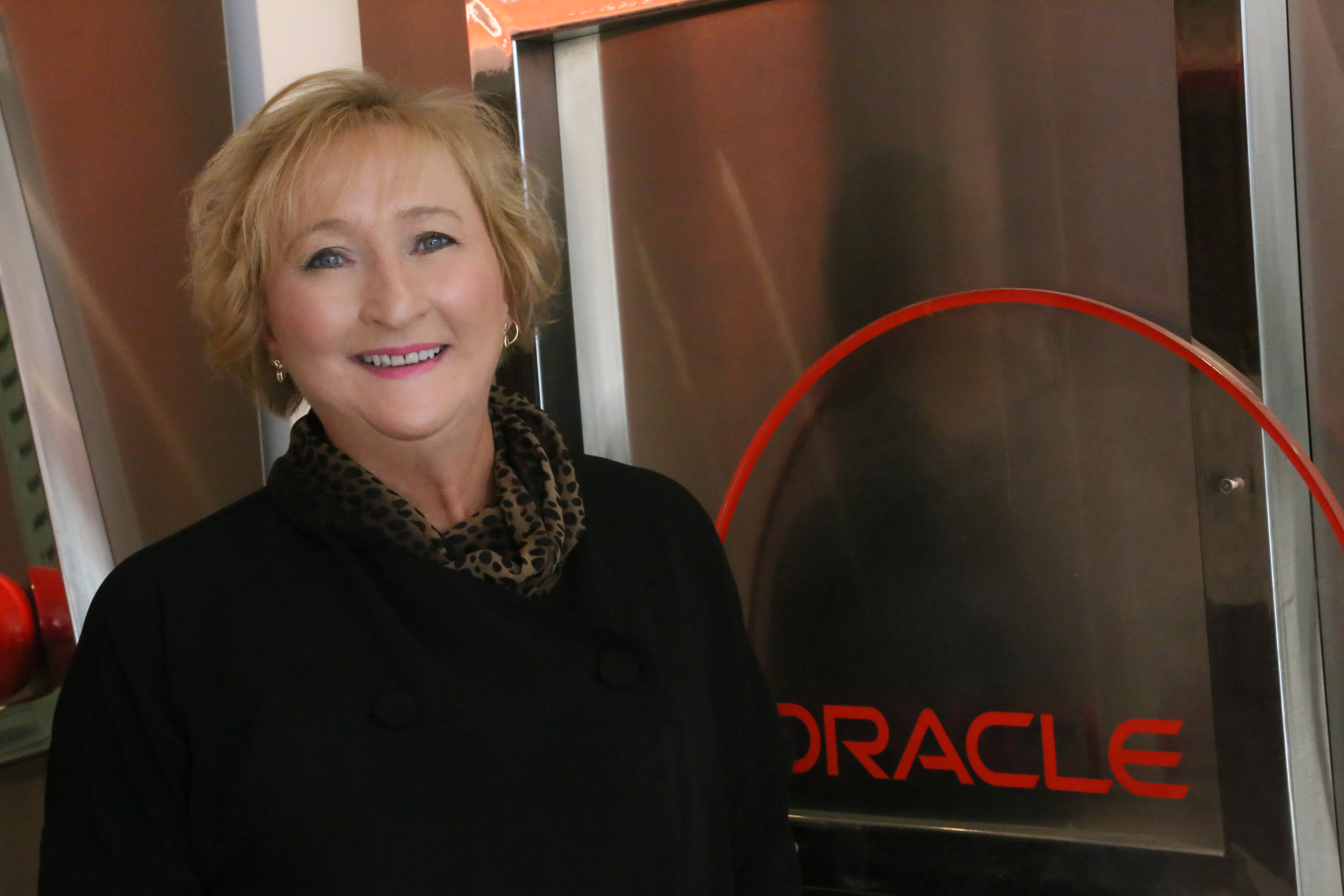Oracle Academy, in partnership with @iLabAfrica, Strathmore University, recently organized a virtual bootcamp for undergraduate students. The bootcamp began with a one-day training on Oracle Primavera P6 ― the gold standard in project management platforms that helps with planning, managing, and executing projects, programs, and portfolios ― and concluded with a two-day virtual hackathon event.
The bootcamp received a total of 450 registrations from 200 students studying computer science, architecture, construction and engineering courses from 37 tertiary educational institutions in Kenya, including University of Nairobi, Strathmore University, Zetech University, and Jomo Kenyatta University of Agriculture and Technology. Students who met the selection criteria were shortlisted and selected to attend the bootcamp, and were expected to build a project and show how they would manage it in the Primavera platform.
The bootcamp began with training led by the Oracle Primavera P6 Facilitator, Avishek Chaudhuri, Principal Sales Consultant, Oracle Construction and Engineering Global Business Unit (CEGBU) SW, Presales. He introduced participants to the Oracle Primavera P6 platform, with practical sessions and use cases on how to use the platform to build solutions.
During the opening remarks session, Christopher Muthere, Regional Manager, East Africa Oracle CEGBU, and Bekere Amassoma, Oracle Academy Program Manager, Sub Saharan Africa, noted that “the Oracle Primavera P6 training will give many upcoming project managers a way to solve real-world challenges.”
The same message was reiterated by Dr. Joseph Sevilla, Director of @iLabAfrica-Strathmore University, during his welcoming remarks. Eva McEneaney, Oracle Gen O Project Manager, introduced students to the Gen O program. She explained that students can join the program and be part of projects that Oracle is developing, highlighting for graduates that this is a way through which they can join Oracle.
During the two-day hackathon that followed, the participants received mentorship support from Oracle professionals and @iLabAfrica technical mentors to help them build practical and scalable projects that solve real-life problems. The unique solutions were centred on the Sustainable Development Goals.
Thereafter, the winning teams paid a courtesy visit to the Country Leader, Oracle Kenya, David Bunei, who received them warmly, shared valuable lessons with them, and encouraged them to remain focused on their education. The winning teams had a networking tour at the Nairobi Oracle office with other Oracle staff present.

A hearty congratulations to the top three winning teams (two teams tied for third place):
- School Try – Winner. SchoolTry is a one-size-fit-all educational technology solution that adopts the innovative use of technology to facilitate learning management and smart environments for schools.
- No Poverty – First runnerup. The team focused on a solution that works to eradicate poverty resulting from illiteracy.
- Team Afya – Second runnerup. Team Afya’s solution is creating a system that identifies visual impairment using machine learning which will make it possible for doctors in smaller medical institutions to manage impairments that are ticking time bombs.
Hydrate Makueni – Second runnerup. The project focuses on drilling boreholes in public schools and building water storage facilities to store water and mitigate the effects of drought. It also involves cleaning the water to make it safe for human consumption with the aid of solar power.
Oracle Academy remains committed to technology education and provides educators and their students with free relevant resources for teaching and learning. This includes curriculum, learning resources, Oracle Cloud technologies, software, support, and professional certification resources.
Link to publication: https://ilabafricastrathmore.wordpress.com/2023/02/23/bridging-graduate-skills-gap/
